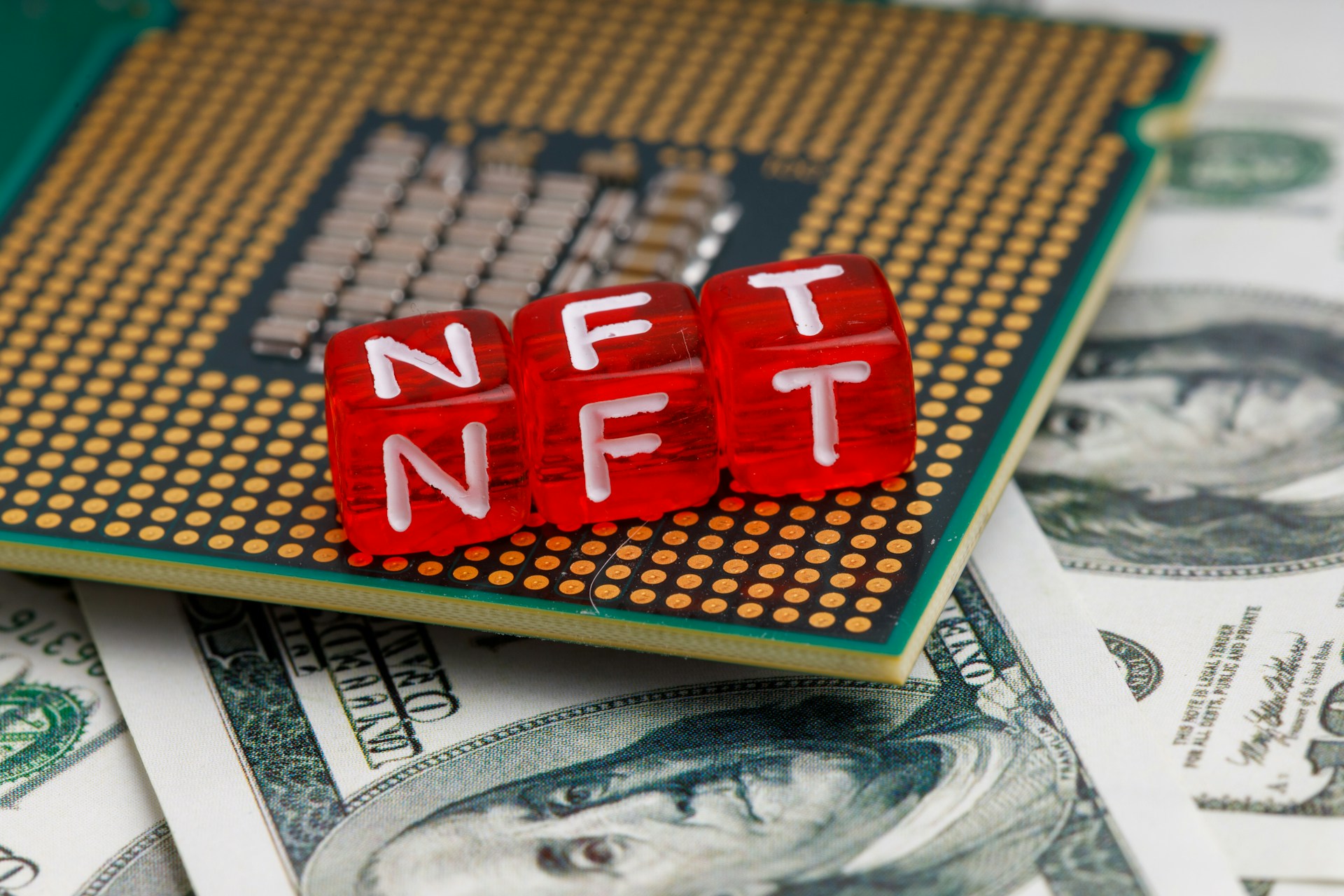When most people think of NFTs (non-fungible tokens), they probably imagine digital art or collectibles. But NFTs are also making waves in industries where authenticity and traceability are crucial—agriculture being one of them. In a world where consumers are increasingly concerned with where their food comes from and how it’s grown, NFTs offer a powerful tool for authenticating agricultural products.
NFTs are unique digital tokens stored on the blockchain, representing ownership or rights to a specific asset. In agriculture, an NFT could be linked to a batch of organic produce, a premium coffee bean harvest, or a single farm’s honey production. This NFT serves as a digital certificate of authenticity, recording detailed information about the product’s origin, quality standards, and journey through the supply chain.
One of the most significant benefits of using NFTs for agricultural product authentication is transparency. Consumers can scan a product’s QR code to view the NFT record and instantly access information about its origin, growing methods, and certification. For example, an NFT for an organic apple could show where and when it was harvested, the farm’s environmental practices, and even the pesticides (or lack thereof) used. This level of transparency helps to ensure that customers are purchasing genuine organic products, not counterfeits or mislabeled goods.
NFTs also enable stronger brand integrity and consumer trust. For producers, the ability to offer verified authenticity helps them stand out in a crowded market where terms like “organic” and “fair trade” are sometimes misused. With NFTs, these claims can be validated on the blockchain, providing proof of a product’s quality and the ethical standards behind it. This can be a powerful marketing tool, allowing farmers to build loyal customer bases who trust the quality and integrity of their products.
Additionally, NFTs can streamline the certification process for specialty agricultural products. Currently, achieving certifications like fair trade or organic can be time-consuming and costly, especially for small farmers. By linking NFTs to a product’s certification details, a farmer could reduce administrative burdens and avoid the pitfalls of paperwork fraud. The NFT essentially becomes a tamper-proof, digital certificate that is difficult to forge.
Another exciting use of NFTs in agriculture is enabling limited-edition releases for high-value products. For instance, a single-origin coffee farm could mint a set of NFTs representing a specific batch of beans, allowing consumers to own a “digital record” of their purchase, tied directly to that exclusive harvest. This scarcity factor can increase product value, as consumers are willing to pay a premium for verified, limited-edition items.
However, there are challenges to consider. The technology needed to create and verify NFTs can be daunting for small-scale farmers, and there are costs associated with minting NFTs on the blockchain. Moreover, educating consumers about what an NFT means in the context of agricultural authenticity will be essential for widespread adoption. But as NFT platforms become more accessible and user-friendly, and as more people recognize the value of blockchain-backed traceability, these obstacles can be overcome.
In summary, NFTs offer a unique opportunity to bring traceability, transparency, and authenticity to agricultural products. They empower both farmers and consumers, helping ensure that the products we consume are exactly what they claim to be. With NFTs, agriculture can become not only more transparent but also more trustworthy, paving the way for a future where authenticity is more than a marketing term—it’s a guarantee.
